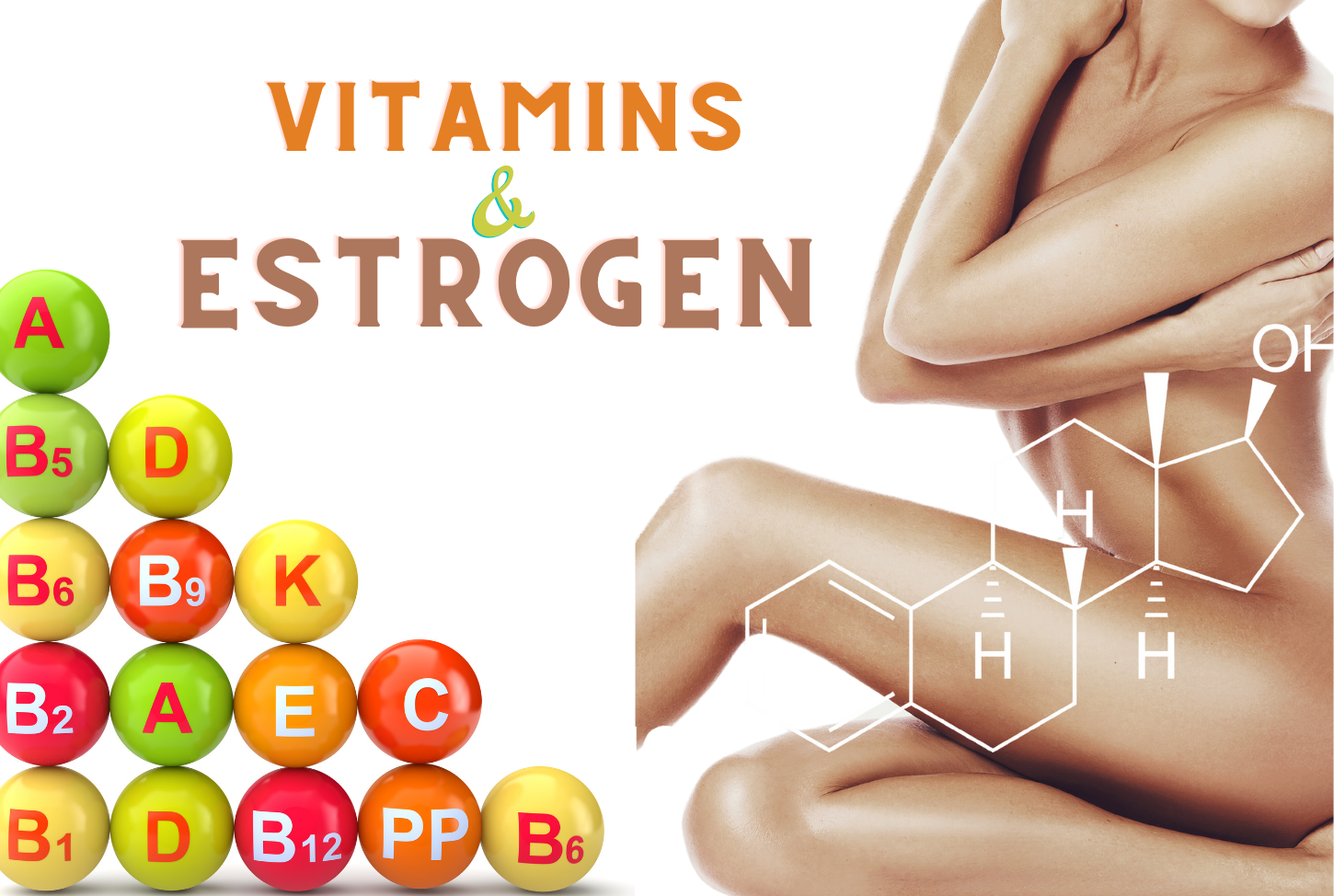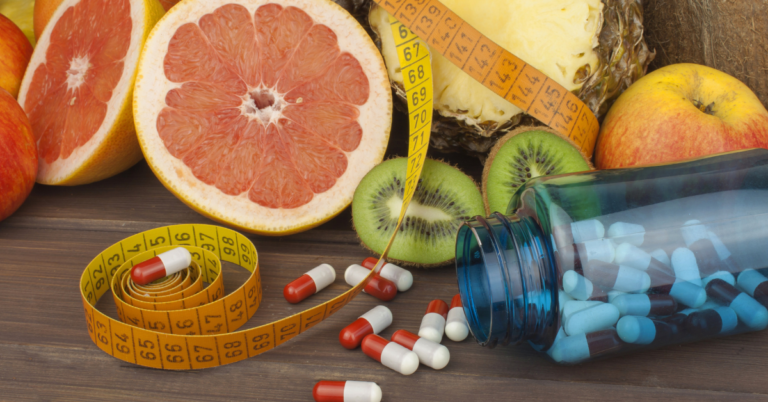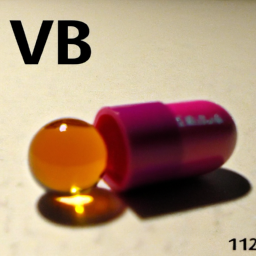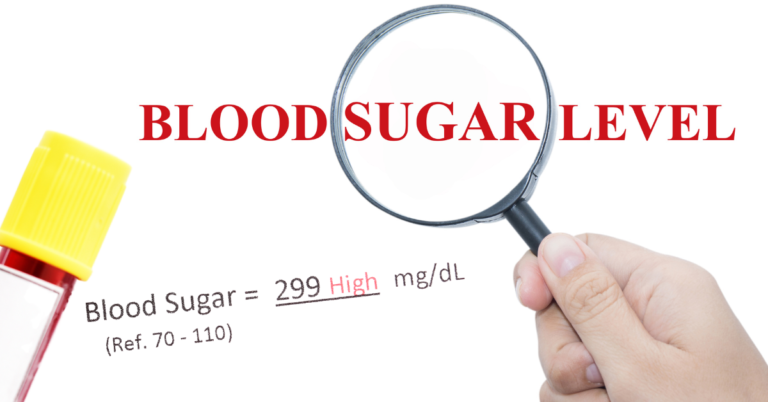Which Vitamin Has The Most Estrogen?
In this article, we’ll explore the topic of which vitamin has the most estrogen content. You’ll learn about the different vitamins and their potential impact on estrogen levels in the body. By the end, you’ll have a better understanding of how vitamins can affect hormonal balance and overall health. So, let’s jump right in and uncover the vitamin with the most estrogen!
Understanding Estrogen
Estrogen is a hormone that plays a crucial role in the female reproductive system. However, it is not just limited to women; men also have estrogen in smaller amounts. Estrogen is responsible for various bodily functions, including the development and regulation of the menstrual cycle, bone health, and cholesterol metabolism. Understanding the role of estrogen is essential for maintaining hormonal balance and overall well-being.
What is Estrogen?
Estrogen refers to a group of hormones that are primarily produced in the ovaries in women. However, it is also produced in smaller amounts in the adrenal glands and fat cells. Estrogen consists of three main types: estrone (E1), estradiol (E2), and estriol (E3).
Estradiol, the most potent form, is responsible for regulating the menstrual cycle and maintaining fertility. Estrone, the primary estrogen after menopause, helps maintain bone density and cholesterol levels. Estriol, the weakest form, increases during pregnancy and supports fetal development.
Role of Estrogen in the Body
Estrogen has a wide range of functions in the body, apart from its role in the reproductive system. It plays a crucial role in the development of secondary sexual characteristics during puberty, such as breast development and the distribution of body fat. Estrogen also has a significant impact on bone health, as it helps maintain bone density and prevents osteoporosis.
Additionally, estrogen affects cholesterol metabolism by increasing the levels of high-density lipoprotein (HDL), also known as “good” cholesterol. It also helps regulate the production and function of collagen, which is essential for maintaining healthy skin elasticity and preventing the signs of aging.
Vitamins and Estrogen
Vitamins are essential nutrients that the body requires in small amounts for various physiological functions. They play a crucial role in maintaining overall health, supporting metabolism, and preventing deficiencies. Interestingly, certain vitamins can also influence estrogen levels and metabolism in the body.
How do Vitamins Affect Estrogen Levels?
Vitamins can influence estrogen levels through different mechanisms. For example, some vitamins can act as antioxidants, which can protect the body’s cells against oxidative stress. This can indirectly affect estrogen levels by reducing inflammation and improving overall cellular health.
Additionally, vitamins can affect estrogen metabolism. Estrogen metabolism refers to the process by which estrogen is broken down and eliminated from the body. Some vitamins can modulate the enzymes involved in estrogen metabolism, potentially influencing estrogen levels and its effects.
Vitamins and Estrogen Metabolism
Estrogen metabolism involves two main pathways: the hydroxylation pathway and the methylation pathway. The hydroxylation pathway involves the conversion of estrogen into different metabolites, such as 2-hydroxyestrone (2-OHE1) and 16-alpha-hydroxyestrone (16alpha-OHE1). The methylation pathway involves the conversion of estrogen into 2-methoxyestrone (2-MeOE1) and 2-hydroxyestradiol (2-OH-E2).
It is important to note that the balance between these two pathways is crucial for maintaining hormonal balance and reducing the risk of estrogen-related conditions, such as breast cancer. Certain vitamins, such as vitamin A, B, C, D, E, and K, can influence the enzymes involved in these pathways, potentially affecting estrogen metabolism.
Vitamin A and Estrogen
The Effects of Vitamin A on Estrogen
Vitamin A is a fat-soluble vitamin that is important for maintaining healthy vision, immune function, and reproductive health. It exists in two forms: retinol, found in animal products, and beta-carotene, which is converted to vitamin A in the body and is present in colorful fruits and vegetables.
Research suggests that vitamin A may have a modulatory effect on estrogen levels. Studies have shown that vitamin A can regulate estrogen receptor expression, which may affect the sensitivity of cells to estrogen. Furthermore, vitamin A has been found to influence estrogen metabolism by altering the activity of enzymes involved in estrogen hydroxylation and methylation pathways.
Learn More on How Vitamin A works as a menopause support
Food Sources of Vitamin A
To incorporate vitamin A into your diet, consider consuming foods such as liver, dairy products, eggs, and fish, which are rich sources of retinol. Additionally, include colorful fruits and vegetables like carrots, sweet potatoes, spinach, and kale, which contain beta-carotene. These foods can not only provide you with vitamin A but also contribute to a well-balanced diet rich in other essential nutrients.
Vitamin B and Estrogen
Vitamin B and Estrogen Balance
The B vitamins, including thiamine (B1), riboflavin (B2), niacin (B3), pantothenic acid (B5), pyridoxine (B6), biotin (B7), folate (B9), and cobalamin (B12), are essential for various metabolic processes in the body. Some of these vitamins have been studied for their potential influence on estrogen levels and balance.
For example, vitamin B6 has been shown to be involved in estrogen metabolism. It is necessary for the conversion of estrogen into its more favorable metabolites, such as 2-methoxyestradiol. Adequate levels of vitamin B6 may help maintain hormonal balance and reduce the risk of estrogen-related conditions.
Different Types of Vitamin B
Each B vitamin has unique functions and food sources. Thiamine (B1) can be found in foods like whole grains, legumes, and nuts. Riboflavin (B2) is present in milk, leafy greens, and fortified cereals. Niacin (B3) can be obtained from foods like meat, fish, and peanuts. Pantothenic acid (B5)is found in meat, whole grains, and vegetables.
Pyridoxine (B6) can be sourced from foods such as fish, poultry, beans, and certain fruits and vegetables. Biotin (B7) is present in egg yolks, nuts, and seeds. Folate (B9) can be found in leafy greens, lentils, and citrus fruits. Lastly, cobalamin (B12) is mainly found in animal products like meat, fish, and dairy.
Click Here to check out the Best Vitamin B Complex Supplements for Women 50 and Over
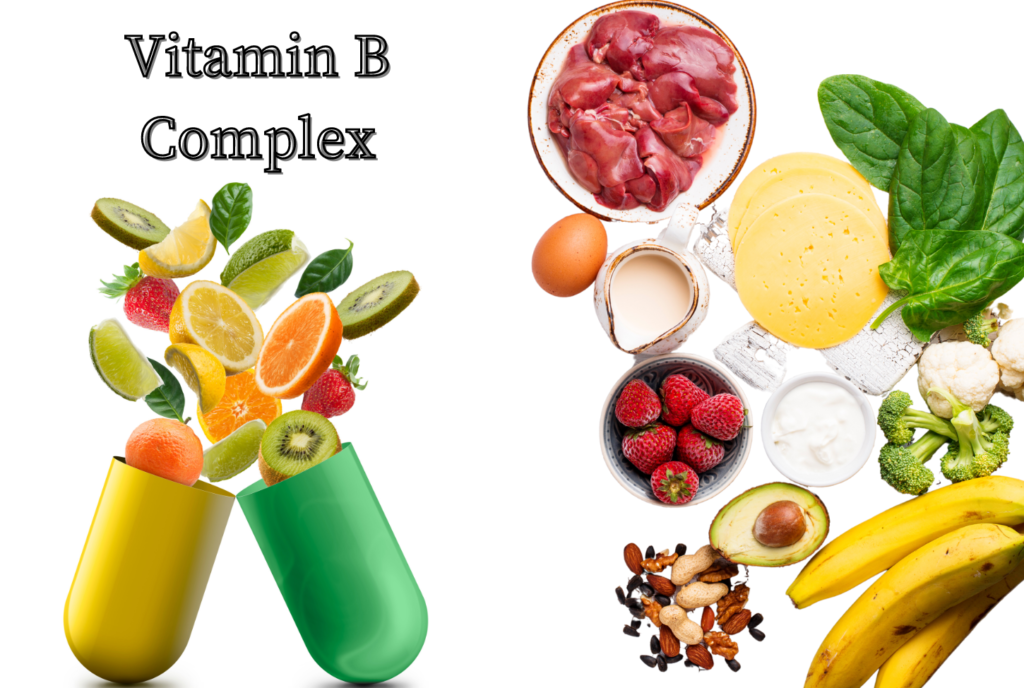
Vitamin C and Estrogen
Vitamin C’s Relationship with Estrogen
Vitamin C, also known as ascorbic acid, is a water-soluble vitamin that acts as a powerful antioxidant in the body. It is involved in various physiological functions, such as collagen synthesis, immune function, and iron absorption. Vitamin C has also been found to have a potential influence on estrogen levels in the body.
Research suggests that vitamin C can enhance estrogen synthesis by increasing the activity of aromatase, an enzyme involved in estrogen production. It has been shown that individuals with higher levels of vitamin C tend to have higher estrogen levels. However, more research is needed to fully understand the relationship between vitamin C and estrogen.
Click Here to Checkout the Best Vitamin C Supplements for Women 5 and Over
Sources of Vitamin C
To ensure an adequate intake of vitamin C, include foods such as citrus fruits (oranges, lemons, grapefruits), berries (strawberries, blueberries, raspberries), kiwi, papaya, and bell peppers in your diet. These foods are not only high in vitamin C but also provide other essential nutrients and antioxidants that support overall health.
Vitamin D and Estrogen
The Link Between Vitamin D and Estrogen
Vitamin D is a fat-soluble vitamin that plays a crucial role in calcium absorption, bone health, and immune function. Emerging evidence suggests that vitamin D may also have an influence on estrogen levels and metabolism.
Studies have shown that vitamin D can modulate estrogen receptor expression, which may impact estrogen signaling pathways. Additionally, vitamin D may play a role in estrogen metabolism, as it can affect the enzymes involved in estrogen hydroxylation and methylation pathways.
Sunlight and Vitamin D
The primary source of vitamin D is sunlight exposure, as the skin produces vitamin D when exposed to ultraviolet B (UVB) radiation. However, getting enough sunlight exposure can be challenging, especially in regions with limited sunlight or during winter months.
To ensure an adequate intake of vitamin D, it is recommended to consume vitamin D-rich foods such as fatty fish (salmon, mackerel), egg yolks, fortified dairy and cereal products, and certain mushrooms. Additionally, some individuals may need to consider vitamin D supplementation in consultation with their healthcare provider.
Vitamin E and Estrogen
Impact of Vitamin E on Estrogen Levels
Vitamin E is a fat-soluble vitamin known for its antioxidant properties. It plays a vital role in protecting cell membranes from damage by free radicals. While vitamin E itself does not directly influence estrogen levels, it may indirectly affect estrogen metabolism and activity.
Research suggests that vitamin E can modulate the enzymes involved in estrogen metabolism, potentially influencing estrogen levels and reducing the risk of estrogen-related conditions. Additionally, vitamin E may have a modulatory effect on estrogen receptor expression, which can affect the sensitivity of cells to estrogen.
Natural Sources of Vitamin E
To incorporate vitamin E into your diet, consider consuming foods such as nuts (almonds, sunflower seeds), seeds (flaxseeds, chia seeds), vegetable oils (olive oil, sunflower oil), and leafy green vegetables (spinach, kale). These foods not only provide you with vitamin E but also offer a wide range of other essential nutrients that support overall health.
Vitamin K and Estrogen
Vitamin K’s Role in Estrogen Regulation
Vitamin K is a fat-soluble vitamin that plays a crucial role in blood clotting and bone health. While vitamin K itself does not directly influence estrogen levels, it may have an impact on estrogen regulation in the body.
Research suggests that vitamin K can modulate the activity of sex hormone-binding globulin (SHBG), a protein that binds to estrogen and regulates its availability in the body. By affecting SHBG levels, vitamin K may indirectly influence estrogen levels and activity.
Food Rich in Vitamin K
To increase your vitamin K intake, include foods such as leafy green vegetables (kale, spinach, broccoli), Brussels sprouts, cabbage, and fermented foods (natto, sauerkraut) in your diet. These foods not only provide you with vitamin K but also offer other essential nutrients that support overall health.
Comparison of Vitamins
Which Vitamin has the Highest Estrogen Content?
Among the discussed vitamins, it is important to note that none of them contain estrogen itself. However, certain vitamins, such as vitamin A, B6, C, D, E, and K, can influence estrogen levels and metabolism in the body.
Among these vitamins, the one with the highest potential for influencing estrogen levels is vitamin A. Vitamin A has been shown to regulate estrogen receptor expression and affect estrogen metabolism. However, it is crucial to maintain a well-balanced intake of all essential vitamins to support overall health and hormonal balance.
Factors Affecting Vitamin Estrogen Levels
Several factors can affect vitamin estrogen levels, including diet, lifestyle, age, and underlying medical conditions. A well-balanced diet that includes a variety of foods rich in essential vitamins is important for maintaining optimal vitamin estrogen levels.
Additionally, lifestyle factors such as sunlight exposure, exercise, and stress management can also influence vitamin estrogen levels. It is crucial to maintain a healthy lifestyle to support overall hormonal balance and well-being.
Conclusion
Understanding the role of estrogen and its interaction with vitamins is crucial for maintaining hormonal balance and overall health. While vitamins themselves do not contain estrogen, certain vitamins can influence estrogen levels and metabolism in the body.
Among the discussed vitamins, vitamin A has the highest potential for influencing estrogen levels. However, it is important to maintain a well-balanced intake of all essential vitamins to support overall health and hormonal balance. Incorporating a variety of nutrient-rich foods into your diet, along with a healthy lifestyle, can help optimize estrogen levels and support overall well-being.

